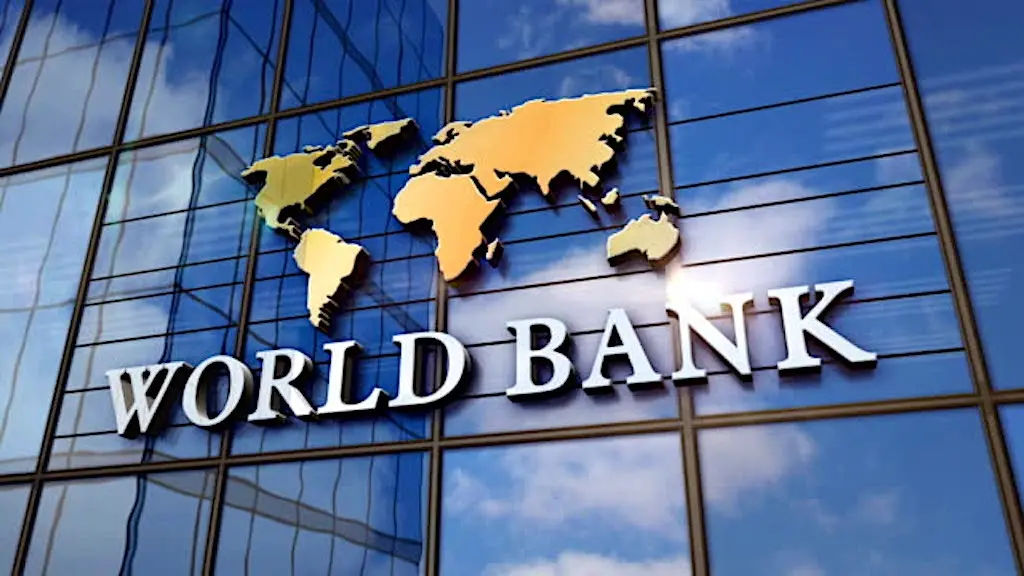
The World Bank has estimated that rebuilding Syria after more than a decade of devastating civil war will cost approximately $216 billion, according to a report released on Tuesday. The figure highlights the monumental scale of destruction left behind following 13 years of conflict and the collapse of the Assad regime.
The report, which assesses damage to infrastructure and capital assets from 2011 to 2024, comes months after President Bashar al-Assad was ousted in December, paving the way for a new Islamist-led government.
“Syria’s reconstruction costs are estimated at $216 billion after more than thirteen years of conflict,” the World Bank said, warning that the path to recovery would require “enormous investment and long-term international cooperation.”
The Syrian civil war began in 2011 when protests against Assad’s rule were met with brutal military crackdowns, escalating into one of the deadliest conflicts of the 21st century. Over 500,000 lives were lost, and vast portions of the country’s infrastructure were obliterated.
According to the World Bank report, one-third of Syria’s pre-war capital stock has been destroyed, with direct physical damages valued at $108 billion. The hardest-hit sector was infrastructure, which alone accounted for nearly half of total destruction (48%), or about $52 billion.
The cost estimate for damaged physical assets ranges from $140 billion to $345 billion, with the bank settling on a conservative benchmark of $216 billion.
Worst-Hit Regions
The provinces of Aleppo and the Damascus countryside, areas that were once key strongholds for opposition forces suffered the heaviest bombardment during the war’s early years and now face some of the steepest reconstruction challenges.
Jean-Christophe Carret, Regional Director for the Middle East at the World Bank, stated:
“The challenges ahead are immense, but the World Bank stands ready to work alongside the Syrian people and the international community to support recovery and reconstruction.”
He noted that the estimated reconstruction bill is nearly ten times larger than Syria’s projected 2024 Gross Domestic Product (GDP) underscoring the scale of international effort needed to rebuild the nation.
Investment & Recovery Efforts
Since the fall of Assad, Syria’s new authorities have made efforts to attract investment and diplomatic support, particularly from Gulf states and regional partners. Several agreements have already been signed to kickstart critical infrastructure projects.
Syrian Finance Minister Mohammed Barnieh welcomed the World Bank’s findings, saying:
“This report provides a critical baseline of the massive scale of the destruction and of the reconstruction costs ahead.”
He stressed the urgency of global cooperation:
“Now, more than ever, it is imperative for the international community to mobilise support and partnership to help Syria restore essential infrastructure, revitalise communities, and lay the foundation for a more resilient future for its people.”


